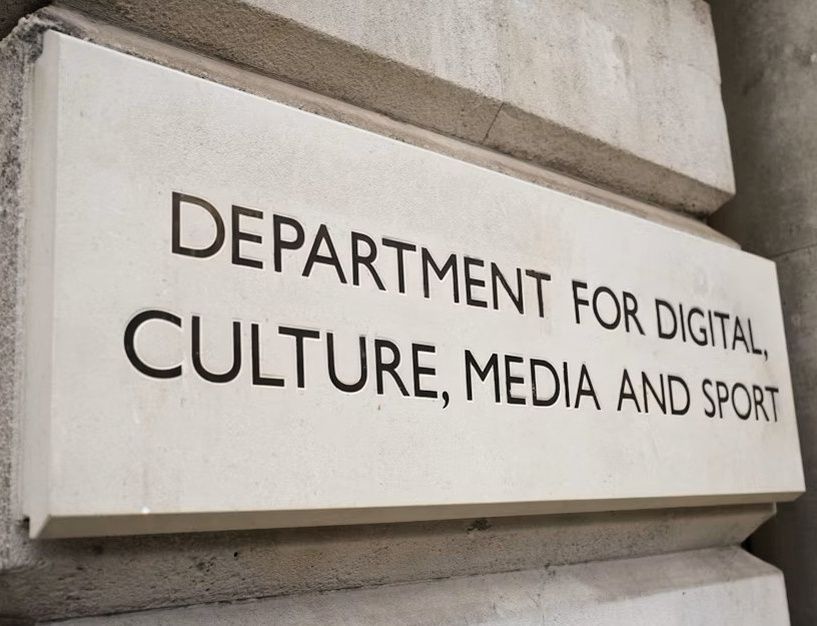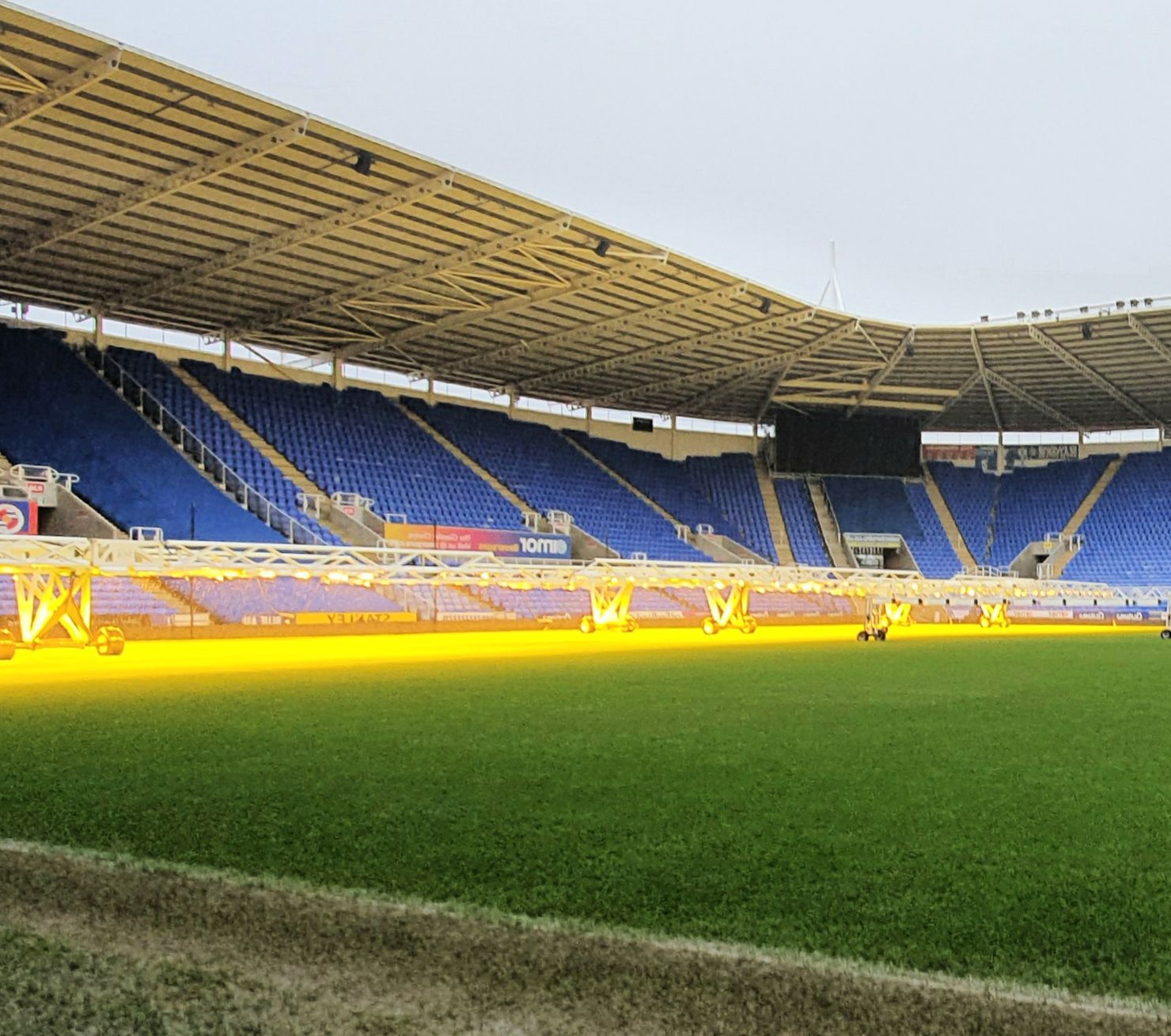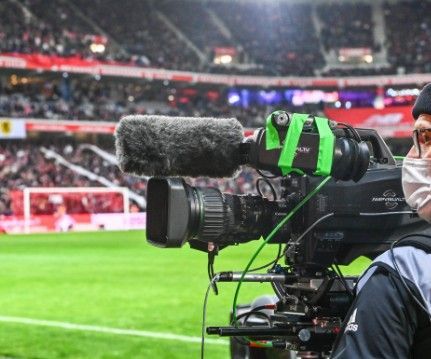stadiumaccreditation.uk
groundgrading.uk
The Football Governance Bill
The NEW Independent Football Regulator
The Football Governance Bill 2025 & The IFR
The Football Governance Bill which is likely to become law by the end of 2025, will establish a new independent regulator for English football. But how will it affect your club, or any clubs in the National League System? A licensing system is at the heart of the bill, with this clearly intended to be the vehicle of enforcement of IFR disciplinary action against clubs, when needed.
The Independent Football Regulator (IFR)’s core purpose will be to improve financial sustainability of clubs, ensure financial resilience across the leagues, and safeguard the heritage of English football. In line with this, it will have powers to operate a licensing regime and to monitor and enforce compliance with requirements on financial regulation, club ownership and directors, fan engagement and club heritage protection. The IFR will set corporate governance standards and have the power to prohibit clubs from joining competitions where they are not fair and meritocratic and would threaten the heritage and sustainability of English football. The IFR will also have backstop powers to intervene as a last resort to bring about a solution on financial redistribution between the football leagues.
This Bill is largely in line with that introduced by the previous Government in early 2024, but some key changes have been made to beef up measures that the IFR can take.
The IFR will though have no role in sporting rules or ‘on-pitch’ matters, nor will it micromanage commercial decisions made by clubs. With UEFA and FIFA monitoring closely the UK Government direct intervention in the oversight and governance of football in England, this is of no surprise. And again in view of this the IFR will have explicit statutory duties encouraging it, so far as possible, to avoid impacts on sporting competitiveness as well as adverse impacts on the competitiveness of clubs and financial investment in and growth of English football. This seems like a tightrope balancing act that could prove difficult to navigate without upsetting some stakeholders, but only time will see how this works in practice.
Which Leagues and Divisions will be in scope of the IFR?
Initially, in scope of the IFR regime are clubs in the top five tiers of English men’s football only. The Bill requires that only clubs competing in competitions specified by the Secretary of State in secondary legislation will need a licence.
For the moment, the intention is that the Secretary of State will specify only:
The Premier League
EFL Championship
EFL League One
EFL League Two
The National League (National)
However, with The FA rolling out club licencing throughout the National League System, there have been rumours that clubs as low as Step 6 of the NLS could also fall under scope of The IFR at some point in the future. Why introduce club licencing throughout the NLS otherwise - unless that is the trade-off for the IFR not having scope over non-elite status clubs? We may never know, but whilst this is not something clubs should be too frightened of, the real fear (along with licencing) is of course a punitive imposition of workload on the scarce volunteers that the vast majority of NLS clubs outside of elite game status depend on for their very existence. At present though, there appears to be no intention to increase scope of the IFR beyond the top 5 levels of our national football setup but, governance authorities do sometimes appear through their actions to overlook the volunteer administrative makeup of most of our NLS clubs and leagues.
It is imperative therefore that fallout from the introduction of an IFR is all positive for our grassroots game and NLS pyramid.
What exactly will the Act do?
The legislation will strengthen the governance and financial resilience of football clubs and the link between clubs and their fans. The legislation will do this by:
- Establishing a new independent regulator. The IFR will operate a licensing system, where all clubs in scope will need a licence to operate. The intended scope (to be established by secondary legislation) is all clubs in the top five tiers of men’s English football.
- Creating a new owners’ and directors’ test to make sure club custodians are suitable.
- Introducing targeted, forward-looking financial sustainability regulation to improve the financial resilience of individual clubs and the system more broadly.
- Setting a minimum standard of fan engagement and requiring clubs to comply with club heritage protections.
- Requiring clubs to seek IFR pre-approval for any sale or relocation of their stadium.
- Preventing English clubs from joining prohibited leagues that do not have the support of the fans, or that threaten the heritage or sustainability of English football.
- Giving the IFR targeted backstop powers to intervene in financial distributions as a last resort (subject to certain thresholds being met), to ensure financial sustainability.
- Establishing a new corporate governance code specific to football clubs, requiring clubs to report at specified intervals on how they apply the principles of the Code and explain why this is suitable to their individual circumstances.
- Requiring the IFR to periodically prepare and publish a ‘State of Game’ report, which will act as a market study for football and provide the IFR with a key evidence base.
A Light touch?
The IFR regime has been designed to be proportionate and as such, the IFR should not adopt a ‘one size fits all’ approach. Instead, it should tailor any intervention to the specific circumstances and risks a club faces and, in so doing, avoid placing unnecessary regulatory burdens on clubs that are already well-run or low-risk club may meet the IFR’s required standards threshold requirements and mandatory conditions naturally, for instance through complying with a competition organiser's rules, in which case regulatory intervention would not be needed. While clubs will be required to meet minimum standards of engagement with fans, there will be flexibility for clubs in how this is achieved. It is likely that for many clubs who are already engaging adequately and effectively with their fans, no change will be required.
What will be interesting to see is exactly how the new owner's and director's test is couched and the detail it contains. But importantly how effective it can really be given the glaring limitations of the current system of oversight.
LINK The Football Governance Bill (pdf) post-second reading
Share this page







